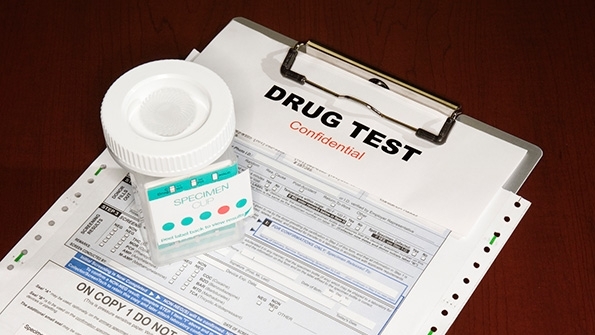The new OSHA rule which took effect and has been enforced since December 1, 2016 needed some clarification. In an effort to summarize the final rule which was created to improve tracking of workplace injuries and illnesses but did not specifically address mandatory post-accident drug and alcohol testing,
OSHA’s view on the new rule clearly specifies the agency’s stance on mandatory or blanket post-accident testing and does not want it to act as a deterrent to the reporting of workplace safety incidents.
OSHA rule CFR part 1904 requires employers with more than 10 employees in covered positions to electronically submit occupational injuries and illnesses, and these employers must ensure that their policies and procedures cannot be construed as retaliatory towards the injured employee.
Along with the electronic reporting, the rule also requires employers of workplace injuries to implement “a reasonable procedure” for employees to report workplace injuries and that procedure cannot deter or discourage employees from reporting a workplace injury.
Furthermore, OSHA stated that “A procedure is not reasonable if it would deter or discourage a reasonable employee from accurately reporting a workplace injury or illness”. This statement is applied directly to post-accident drug testing and it could be interpreted that a blanket requirement for the drug test could discourage a reasonable employee from accurately reporting a workplace injury or illness.
It is important for all employers to understand that; OSHA is not prohibiting post-accident drug testing but rather specify that it should not be used as a blanket policy or in any method that would deter any employee involved in a workplace safety incident.
As an example, there would be no changes in post-accident drug testing policies for Department of Transportation (DOT) regulated employers or any other employers required to follow drug testing guidelines from the Drug Free Workplace Act of 1988.
Additional drug free workplace programs and employers who comply with State workers’ compensation drug free workplaces have no need to amend their post-accident drug testing policies.
Here are some key points employers may want to consider with this new rule.
- The regulation does not prohibit employers from post-accident drug testing.
- The regulation does require a “reasonable basis” for employers to perform a post-accident drug test
- The rule does not apply to drug testing employees for reasons other than injury-reporting.
- Employers will not be issued citations for conducting drug testing in accordance with a state workers’ compensation law or other state or federal law.
For a citation to be issued, OSHA will need to establish the three elements of retaliation to prove a violation of the new rule.
A protected report of an injury or illness;
b. Adverse action;
c. And causation.
Please review the following Critical steps to take to help avoid issues with this OSHA rule:
- Review your current drug free workplace policy, specifically your Post-accident policies should be reviewed and updated if needed to ensure that it’s language cannot be construed as “blanket” and therefore be presumed to be retaliatory and deter or discourage reporting.
- Review your state laws: many employers’ drug free workplace polices specifically govern the enforcement of post-accident or post-injury drug testing. There are several states which have laws that apply to employers in that state. Employers adherence to State Drug Free Workplace Programs and State worker’s compensation laws will not change and OSHA will not find a violation of 1904.35 (b)(1)(iv) when post-accident testing is performed in compliance with these laws.
- Retrain supervisors on reasonable suspicion drug testing and include training on post-accident “reasonable suspicion/basis”.
- Implement a policy for a ‘decision tree’ to be utilized for every accident to determine if the accident requires post-accident testing and who involved in the accident should be tested.

